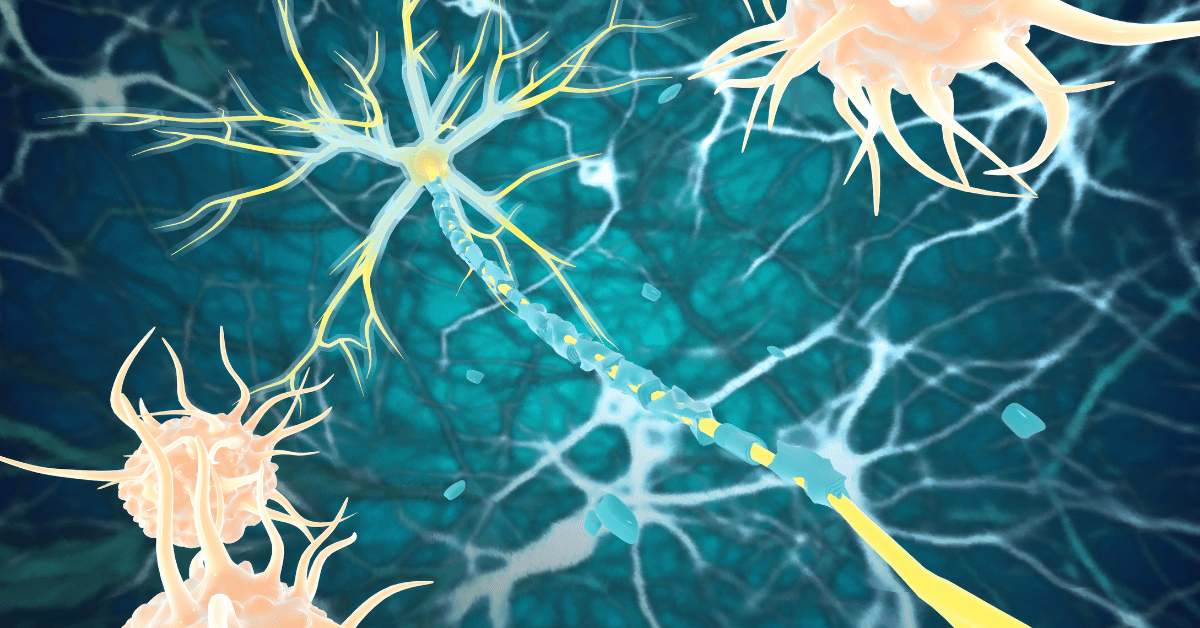- Your cart is empty
- Continue Shopping
Mesenchymal Stem Cell-Derived Exosomes as Cell-Free Nanotherapeutics

Mesenchymal Stem Cell-Derived Exosomes as Cell-Free Nanotherapeutics
- Atlantis Bioscience
- Blog
- Reading Time: 3 minutes
Table of Contents
What are Mesenchymal Stem Cell-Derived Exosomes (MSCs-Exos)?
- Extracellular vesicles (EVs) 30–150 nm in diameter
- Created by the double invagination of the plasma membrane, released into the extracellular environment and circulation.
- Exosomes in circulation are internalized by recipient target cells through direct fusion to target cell plasma membrane, endocytosis uptake, or receptor–ligand interactions
- Carriers to deliver bioactive molecules, mRNA, and microRNAs into target cells, modulating cellular processes and influencing cell behavior and function.
Physicochemical Factors Influencing Biogenesis and Secretion of MSCs-Exos
- Cell confluency
- Cell Culture conditions
Hypoxic precondition of MSCs can enhance their paracrine effects and enhance stability and therapeutic effect of MSCs-Exo
- Serum soluble factors
Biogenesis and secretion of exosomes can be increased by adding soluble cytokines like IFN-γ, TNF-α, IL-1β, IL-6, and TGF-β to the culture medium.
Immunomodulatory & Anti-Tumor Properties of MSCs-Exos
MSC-Exos contain numerous immunomodulatory factors, chemokines, and growth factors that interact with immune effector cells, regulate the tissue immune microenvironment, and promote angiogenesis, extracellular matrix (ECM) remodeling, and tissue regeneration.
MSC-Exos can inhibit tumor growth by affecting macrophages, T lymphocytes, dendritic cells (DCs), and natural killer (NK) cells through miRNA-mediated signaling pathways, resulting in:
- Inhibition of angiogenesis
- Suppression of tumor cell proliferation
- Enhancement of immune cell function
- Improvement of drug sensitivity
Regenerative Properties of MSC-Exos
MSC-Exos transfer regenerative factors and genetic material to recipient cells, altering their behavior. Additionally, EVs modulate immune responses and inflammation, fostering a pro-regenerative microenvironment and stimulating resident stem and progenitor cells to enhance endogenous repair processes.
- Skin wound healing
MSC-Exos transfer regulatory miRNAs to target cells, promoting anti-inflammatory M2 macrophage polarization while suppressing pro-inflammatory M1 macrophages, resolving prolonged inflammation that hinders healing.
- Bone defect regeneration
MSC-EXOs induce osteogenic differentiation of MSCs by transferring specific miRNAs that modulate target gene expression.
- Cartilage defect regeneration
MSC-Exos enhance chondrocyte migration, proliferation, and matrix synthesis, directly promoting cartilage regeneration.
Advantages of MSCs-Exos as Nanotherapeutics
MSC-Exos can replicate the biological functions of MSCs and may serve as a cell-free alternative to cell therapy. Advantages of MSC-Exos over MSCs include:
1) Lack of immunogenicity
MSC-Exos are less likely to provoke an immune response compared to MSCs.
Due to their small size and structural composition similarity to cell membranes, exosomes can evade phagocytosis by immune cells, avoid activating immune responses and, consequently, clearance by the body’s immune system.
2) Excellent carrier for chemotherapeutic agents
Like MSCs, MSCs-Exo also have strong tumor-targeting capability.
Through engineering and folic acid receptors, they facilitate targeted tumor therapy. Their small size
Also enables them to passively infiltrate tumors via the enhanced permeability and retention (EPR) effect.
Their solid lipid bilayer structure also shields loaded contents from the harsh tumor microenvironment, evading cytotoxicity. These attributes make MSCs-Exo ideal drug carriers for treating oncological diseases.
3) Ability to pass the blood-brain barrier – leverage for treatment of CNS disease
MSCs-EXOs can cross the blood-brain barrier, making them a promising treatment for CNS diseases like stroke, traumatic brain injury, Alzheimer’s, and Parkinson’s diseases.
- Neuroprotection and Neuroregeneration
MSCs-EXOs have been found to facilitate angiogenesis, remodeling, and neurogenesis, aiding in the repair of damaged neurons, inflammation reduction, and promotion of neuronal survival, particularly in stroke treatment.
- Drug Delivery
MSC-Exos can be engineered to carry specific drugs or therapeutic agents, enhancing their delivery to the brain. For instance, exosomes can be loaded with chemotherapeutic drugs to treat brain tumors or with RNA molecules to modulate gene expression in neurological diseases.
4) Potential for Mass Production – Simplified Standardization and Quality Control
Compared to MSCs, MSC-Exos exhibit greater stability during storage and handling, as MSCs are susceptible to environmental conditions and necessitate stringent culture requirements.
Standardizing the production and characterization of MSC-Exos is more manageable, guaranteeing uniform therapeutic effectiveness and safety across various batches.
MSC-Exos can be abundantly generated from cultured MSCs, ensuring a scalable and sustainable reservoir of therapeutic agents.
5) Reduced Risk of Unwanted Differentiation
MSCs have the potential to differentiate into various cell types, which might be undesirable in certain therapeutic contexts. MSC-Exos, being cell-free, eliminates this risk.
From a regulatory standpoint, this advantage of MSC-Exos holds significant importance in their development and commercialization.
Future Directions
Extensive research on MSC-derived exosomes offers prospects to modify their composition and regulate tumor microenvironment interactions. Despite progress in using these exosomes for drug or nucleic acid delivery, effective methods to enhance drug-carrying capacity, target specificity, and minimize cytotoxicity are needed. Integrating fundamental research with emerging technologies is essential to fully harness their therapeutic potential in clinical settings.
References
- Ma J, et al. Reversing drug resistance of soft tumor-repopulating cells by tumor cell-derived chemotherapeutic microparticles. Cell Res. 2016
- Harrell CR et al. Mesenchymal Stem Cell-Derived Exosomes as New Remedy for the Treatment of Neurocognitive Disorders. Int J Mol Sci. 2021
- Lin Z et al. Mesenchymal stem cell-derived exosomes in cancer therapy resistance: recent advances and therapeutic potential. Mol Cancer. 2022
- Zhang F et al. Mesenchymal stem cell-derived exosome: A tumor regulator and carrier for targeted tumor therapy. Cancer Lett. 2022
- Ivosevic Z et al. Mesenchymal Stem Cell-Derived Extracellular Vesicles: New Soldiers in the War on Immune-Mediated Diseases. Cell Transplant. 2023
- Long R, Wang S. Exosomes from preconditioned mesenchymal stem cells: Tissue repair and regeneration. Regen Ther. 2024
- Roszkowski S. Therapeutic potential of mesenchymal stem cell-derived exosomes for regenerative medicine applications. Clin Exp Med. 2024
CONTACT

QUESTIONS IN YOUR MIND?
Connect With Our Technical Specialist.

KNOW WHAT YOU WANT?
Request For A Quotaiton
OTHER BLOGS YOU MIGHT LIKE
HOW CAN WE HELP YOU? Our specialists are to help you find the best product for your application. We will be happy to help you find the right product for the job.

TALK TO A SPECIALIST
Contact our Customer Care, Sales & Scientific Assistance

EMAIL US
Consult and asked questions about our products & services

DOCUMENTATION
Documentation of Technical & Safety Data Sheet, Guides and more..
